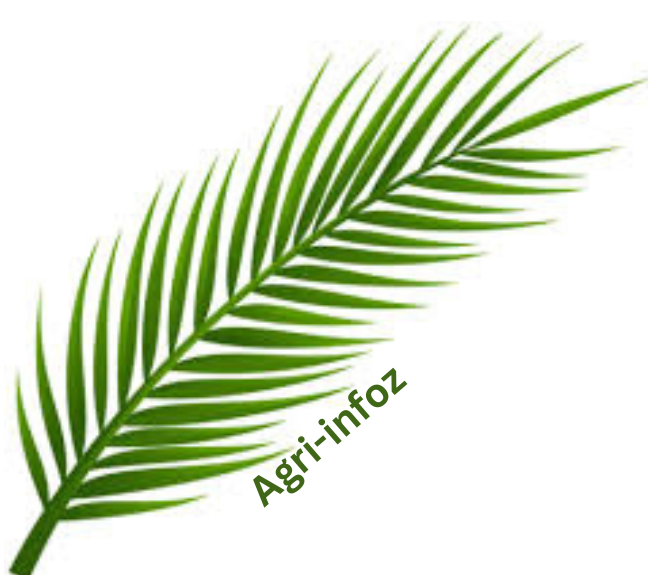Animal husbandry is a vital component of agriculture, encompassing the breeding, raising, and care of livestock for various products such as milk, meat, eggs, and wool. With increasing global demand for sustainable and humane farming practices, the importance of well-structured courses in animal husbandry cannot be overstated. These courses provide a comprehensive understanding of the principles and practices essential for the effective management of animals, ensuring their health, productivity, and welfare.
Read more related: Nutritional Requirements of Livestock
The Importance of Animal Husbandry Education
Animal husbandry education is crucial for several reasons:
Improved Livestock Management: Proper training equips individuals with the knowledge and skills to manage livestock efficiently, leading to increased productivity and profitability.
Animal Welfare: Education emphasizes the importance of humane treatment of animals, promoting practices that ensure their well-being.
Sustainable Practices: Courses often include modules on sustainable farming techniques that help in preserving the environment while maintaining productivity.
Disease Prevention and Control: Understanding disease management is vital in preventing outbreaks that can devastate livestock populations.
Economic Benefits: Educated farmers and livestock managers can make informed decisions that enhance economic returns.
Key Topics Covered in Animal Husbandry Courses
Animal Nutrition: Nutrition is a fundamental aspect of animal husbandry. Courses cover the dietary requirements of different livestock species, the formulation of balanced diets, and proper feeding practices. Understanding the nutritional needs of animals is crucial for their growth, reproduction, and overall health.
Breeding and Genetics: Knowledge of animal breeding and genetics is essential for improving livestock quality. Courses teach the principles of selective breeding, genetic improvement, and reproductive technologies such as artificial insemination and embryo transfer.
Health and Disease Management: Preventing and managing diseases is critical in animal husbandry. Courses cover common diseases, their symptoms, and prevention methods. Students learn about vaccination, biosecurity measures, and treatment protocols.
Animal Behavior and Welfare: Understanding animal behavior helps in creating environments that promote their well-being. Courses include modules on animal psychology, welfare standards, and stress management techniques.
Farm Management: Effective farm management is crucial for the success of any animal husbandry operation. Courses cover financial planning, resource management, and record-keeping practices.
Sustainable Farming Practices: Sustainability is a growing concern in agriculture. Courses often include topics on environmentally friendly practices, waste management, and the use of renewable resources.
Popular Animal Husbandry Courses and Institutions
Several institutions around the world offer high-quality animal husbandry courses. Here are some notable examples:
University of California, Davis: UC Davis offers a Bachelor’s degree in Animal Science with a focus on animal husbandry. The program covers various aspects of livestock management, animal nutrition, and breeding.
Cornell University: Cornell’s College of Agriculture and Life Sciences provides a comprehensive Animal Science program. The curriculum includes courses on animal health, genetics, and sustainable agriculture.
Royal Veterinary College, University of London: The Royal Veterinary College offers a range of undergraduate and postgraduate courses in animal husbandry and veterinary science.
University of Queensland: The University of Queensland in Australia offers a Bachelor of Agricultural Science with a specialization in animal science. The program covers livestock production, nutrition, and health management.
Wageningen University & Research: Located in the Netherlands, Wageningen University offers a Master’s program in Animal Sciences, focusing on the biological and social aspects of animal husbandry.
Online Animal Husbandry Courses
With the advent of online education, several institutions and platforms offer animal husbandry courses online. These courses provide flexibility for individuals who cannot attend traditional classes due to geographical or time constraints. Some popular online platforms include:
Coursera: Offers courses in animal husbandry, veterinary science, and sustainable agriculture from top universities.
edX: Provides online courses on animal health, nutrition, and farming practices.
FutureLearn: Offers various courses related to animal husbandry, welfare, and sustainable farming.
Career Opportunities in Animal Husbandry
A degree or certification in animal husbandry opens up numerous career opportunities. Some potential career paths include:
Livestock Farm Manager: Responsible for overseeing the daily operations of a livestock farm, including feeding, breeding, and health management.
Animal Nutritionist: Specializes in formulating diets and feeding programs to ensure optimal animal health and productivity.
Veterinary Technician: Assists veterinarians in diagnosing and treating animal diseases and injuries.
Breeding Specialist: Focuses on genetic improvement and selective breeding programs to enhance livestock quality.
Animal Welfare Officer: Ensures that animals are treated humanely and that welfare standards are met in various settings.
Extension Officer: Provides training and support to farmers and livestock producers on best practices in animal husbandry.
Challenges in Animal Husbandry Education
While animal husbandry education is crucial, it faces several challenges:
Access to Education: In many rural areas, access to quality education and training in animal husbandry is limited.
Practical Training: Hands-on experience is essential in animal husbandry, but not all institutions have the facilities to provide practical training.
Keeping Up with Advancements: The field of animal husbandry is constantly evolving with new technologies and practices. Educational institutions must continuously update their curricula to keep pace with these changes.
Balancing Theory and Practice: Striking the right balance between theoretical knowledge and practical skills is a challenge for educators.
Conclusion
Courses in animal husbandry are essential for anyone looking to enter or advance in the field of livestock management. They provide comprehensive knowledge and practical skills that are crucial for the effective management of animals, ensuring their health, productivity, and welfare. With the growing demand for sustainable and humane farming practices, the importance of well-structured animal husbandry courses cannot be overstated. By equipping individuals with the necessary knowledge and skills, these courses contribute significantly to the advancement of the agriculture sector and the promotion of sustainable and humane farming practices.




2 thoughts on “Courses in Animal Husbandry”